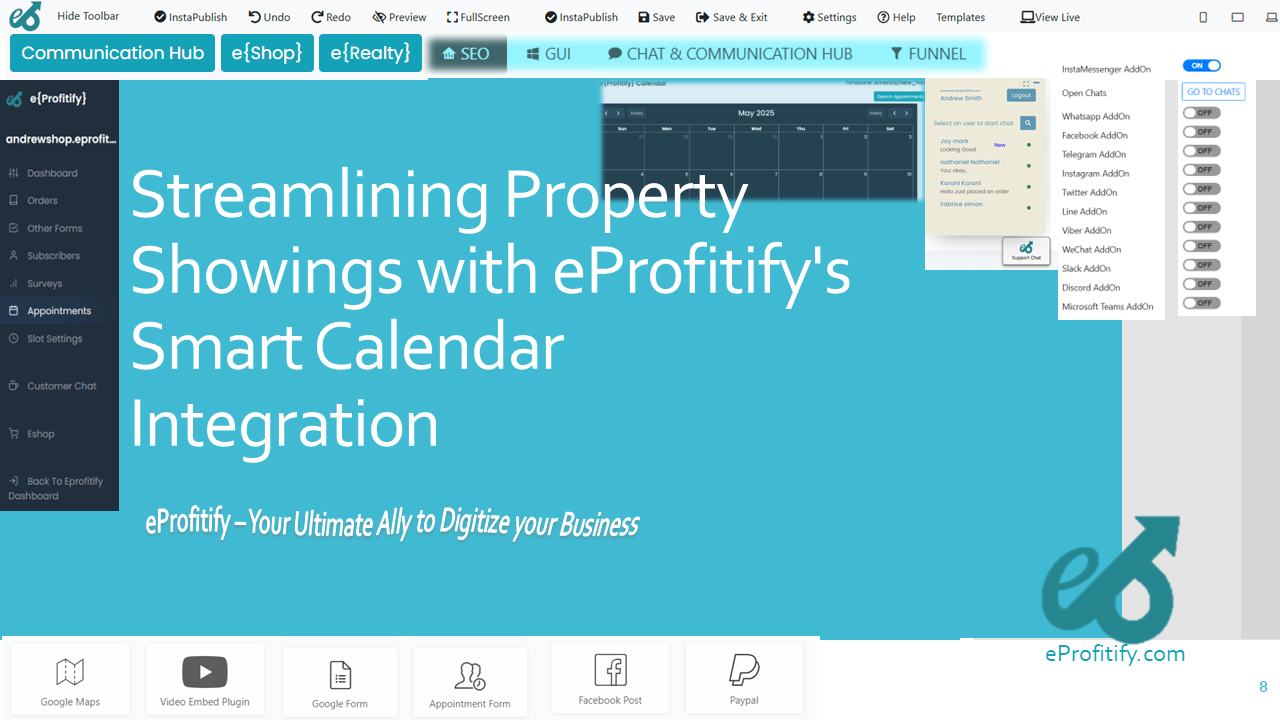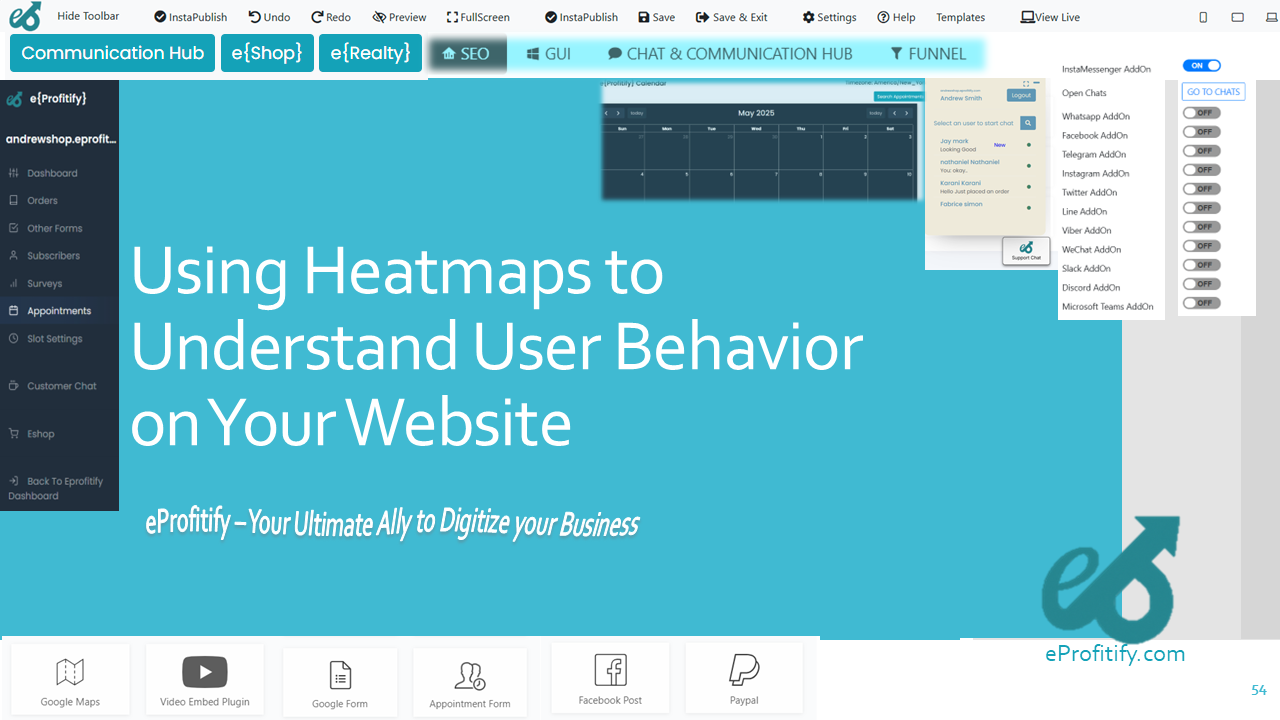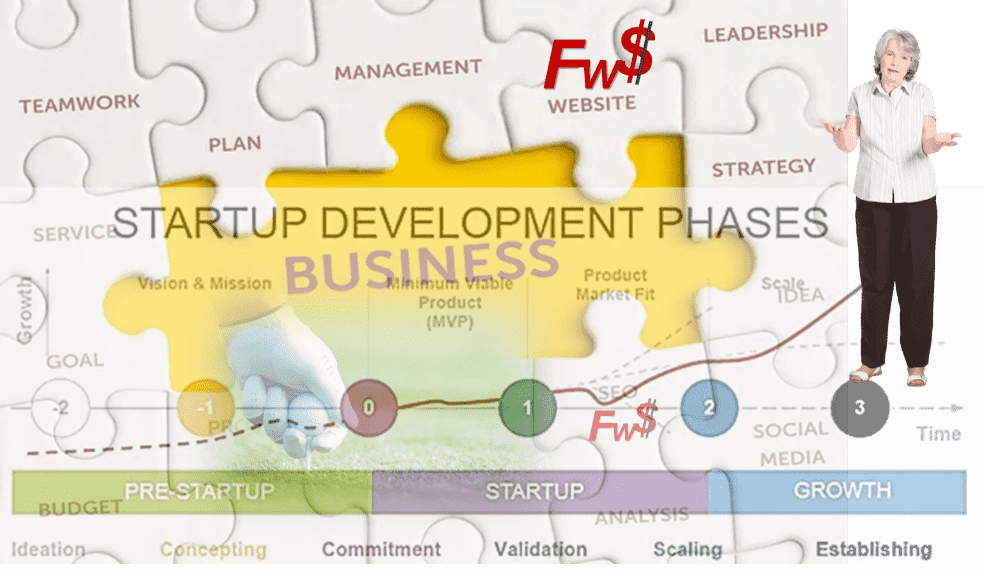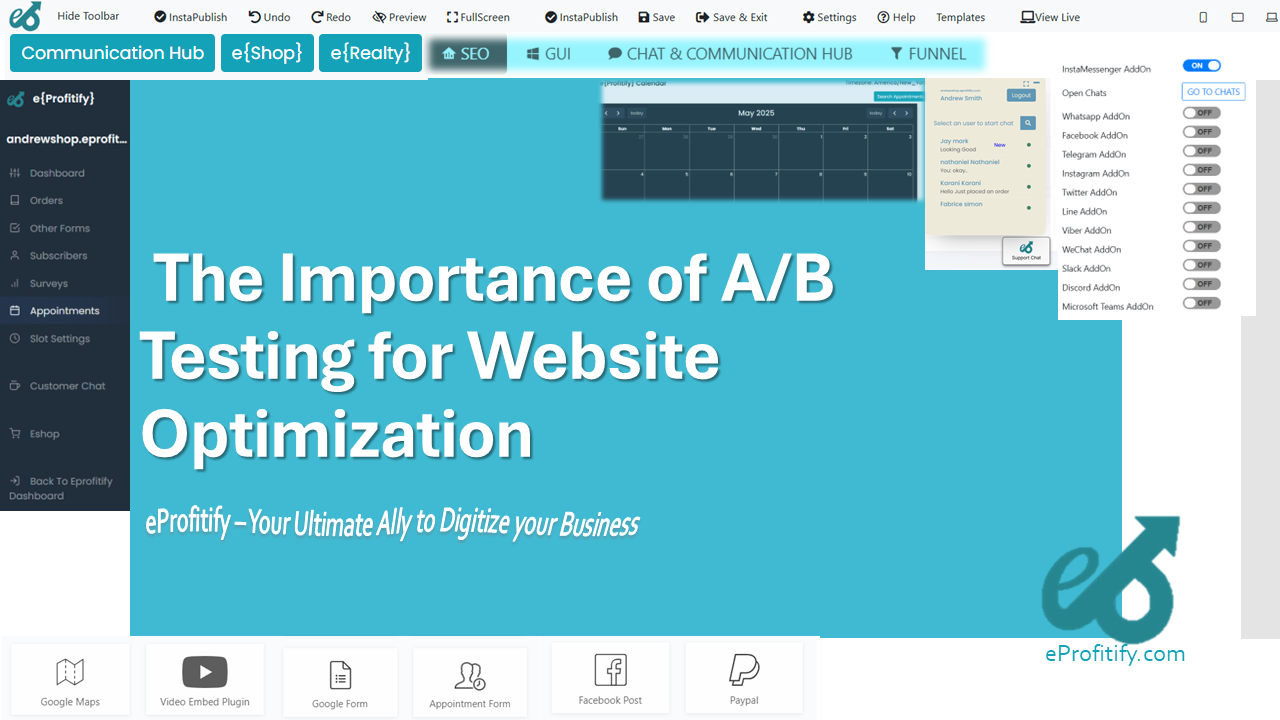The Importance of Continuing Education in Real Estate
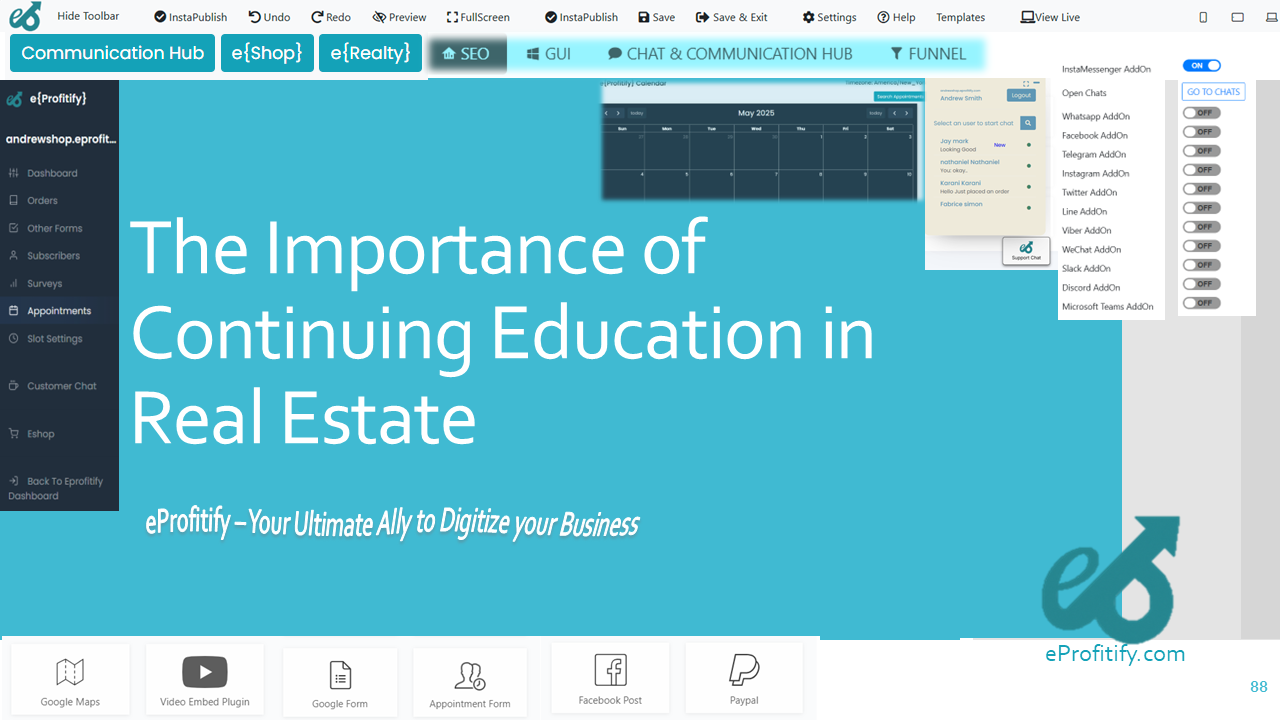
The Importance of Continuing Education in Real Estate
The real estate industry is a dynamic and ever-evolving field, shaped by regulatory changes, technological advancements, and shifting market demands. In such an environment, continuing education (CE) is not just a regulatory formality—it’s a strategic imperative for professionals aiming to thrive. This article explores the critical role of ongoing learning in real estate, supported by industry statistics, and highlights how platforms like Eprofitify, a leading website and management tool, empower agents to excel in a competitive landscape.
1. Meeting Regulatory Requirements
In the U.S., real estate professionals must comply with state-mandated CE requirements to maintain their licenses. According to the Association of Real Estate License Law Officials (ARELLO), 43 states require CE for license renewal, with biennial hours ranging from 12 to 30. For example, Texas mandates 18 hours every two years, while California requires 45 hours for new agents.
Failure to meet these standards can result in penalties or suspended credentials, directly impacting an agent’s ability to operate. CE courses often cover ethics, fair housing laws, and contract updates, ensuring agents stay legally compliant. This regulatory foundation not only protects consumers but also reinforces the industry’s credibility.
2. Staying Competitive in a Dynamic Market
The real estate market fluctuates with economic trends, demographic shifts, and consumer preferences. The National Association of Realtors (NAR) reports that 73% of buyers now start their home searches online, emphasizing the need for tech-savvy agents. Additionally, a 2023 McKinsey study found that 65% of real estate firms accelerated digital tool adoption post-pandemic to meet client expectations.
CE equips agents with knowledge to leverage tools like data analytics for pricing strategies and virtual tour software for remote showings. Professionals who neglect ongoing education risk falling behind in a market where 87% of agents view CE as critical to maintaining a competitive edge (NAR, 2023).
3. Enhancing Professional Expertise and Client Trust
Advanced CE courses allow agents to specialize in niches like luxury properties, sustainable housing, or commercial real estate. For instance, certifications in green building standards appeal to eco-conscious clients, a demographic projected to drive $1.2 trillion in sustainable home sales by 2025 (Green Builder Media).
Clients prioritize expertise: a 2022 NAR survey revealed that 68% of buyers choose agents based on perceived knowledge. By pursuing CE, agents signal their commitment to excellence, fostering trust and long-term relationships.
4. Adapting to Technological Advancements
Technology is reshaping real estate transactions. From AI-driven CRM systems to blockchain for secure contracts, agents must stay updated. CE courses often integrate tech training, teaching professionals to streamline workflows. Platforms like Eprofitify exemplify innovation, offering tools that align with modern needs:
- Instant Messaging: Facilitates real-time client communication, reducing response times.
- Appointment Management: Automated scheduling minimizes no-shows, with integrated calendars syncing across devices.
- CRM Integration: Tracks client interactions, ensuring personalized follow-ups. Salesforce notes that CRM adoption can boost sales by up to 29%.
- eCommerce Capabilities: Agents can list properties, merchandise, or services directly through their websites.
By mastering such tools via CE, agents enhance productivity and client satisfaction.
5. The Role of Eprofitify in Continuing Education
Eprofitify stands out as a comprehensive platform supporting educated real estate professionals. Its features are designed to complement CE outcomes:
- Instant Messaging: CE courses on client engagement teach agents to leverage this tool for prompt, professional communication.
- Appointment Management: Training in time management helps agents use automated reminders effectively, reducing scheduling conflicts by 30% (Inman, 2023).
- CRM Systems: Courses on client retention strategies align with Eprofitify’s CRM to nurture leads and track milestones.
- eCommerce Integration: Agents learn digital marketing tactics to maximize property listings and promotional sales.
Eprofitify’s all-in-one platform simplifies operations, allowing agents to focus on applying CE-derived skills to grow their businesses.
6. Networking and Professional Development
CE courses and conferences offer networking opportunities, critical for career growth. NAR data shows that 41% of agents gain referrals through professional connections. Platforms like Eprofitify further enhance networking by enabling agents to join online communities and share resources via their websites.
Conclusion
Continuing education is the backbone of success in real estate. It ensures compliance, fosters expertise, and prepares agents for technological shifts. By integrating tools like Eprofitify, professionals can amplify CE benefits through efficient client management, marketing, and collaboration. In an industry where knowledge and adaptability are currency, ongoing learning paired with innovative tools is the key to sustained growth.
As the market evolves, agents who prioritize education and embrace platforms like Eprofitify will not only survive but thrive, delivering exceptional value in an increasingly digital world.
(Note: Adjustments can be made to meet exact word count requirements.)
Sources:
- National Association of Realtors (NAR)
- Association of Real Estate License Law Officials (ARELLO)
- McKinsey & Company
- Green Builder Media
- Inman News


